New and Larger Risks
Because the operations are larger and often closer to communities, the impact of geotechnical failure can be devastating and measured in the number of lives lost, costs in billions of dollars, square miles of environmental damage and loss of reputation for individual companies and the industry as a whole.
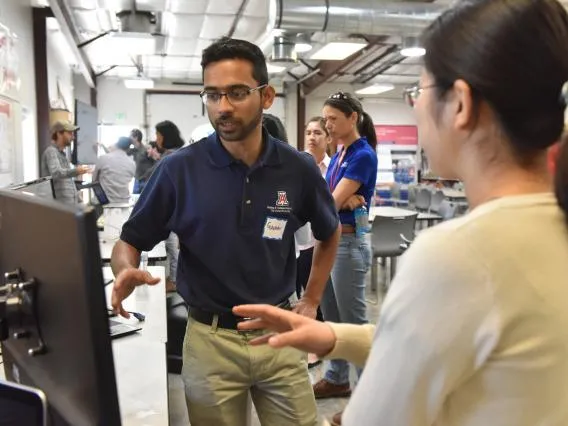
- Free content
- Online courses
- Certificate courses
- Workshops
- Symposiums
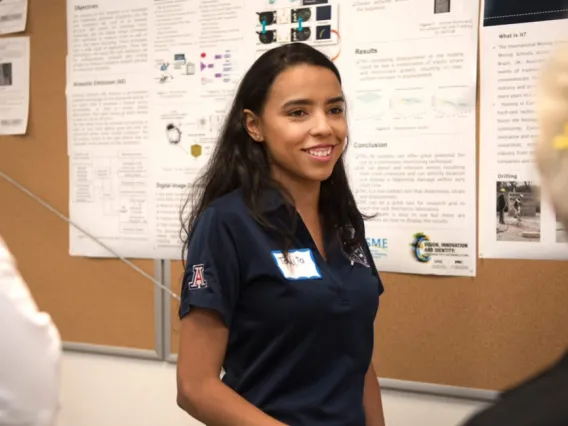
- Undergraduate
- Graduate
- Majors
- Multi-use of content
- Scholarships
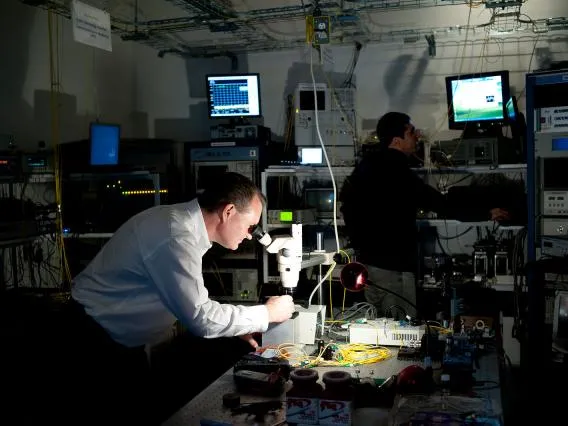
- Multi-disciplinary
- Leveraged
- Applied Research
- Basic Research
- Central repository of knowledge
Become a Member
Memberships are available with varying levels of benefits:
› Board Level Partner
› Leadership
› General
› Associate
› Technical Advisor
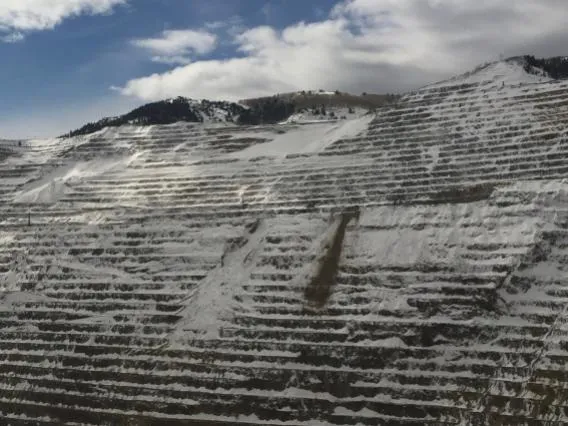
Detecting and predicting rockfall events
Beginning in fall 2020, the Geotechnical Center of Excellence (GCE) will test various models of thermal imaging cameras at several open pit mines around the country to see if they can predict rockfalls and slides before they occur. If the cameras can sufficiently measure the movement of rocks, it could save miners from injury or death.
The CDC’s National Institute for Occupational Safety and Health (NIOSH) has selected GCE’s application for nearly $400,000 in funding.
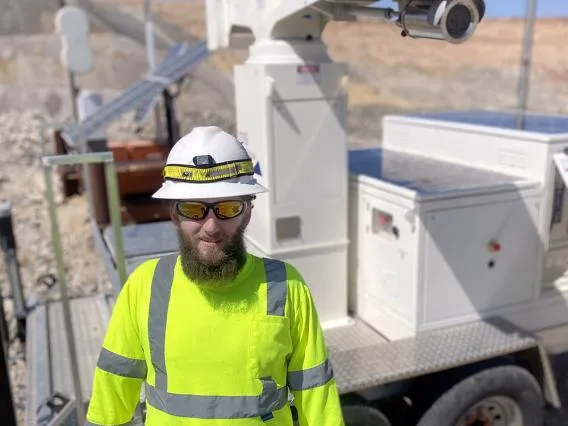
Real-world radar experience
In 2020, GCE completed a comparison of two types of synthetic aperture radar (SAR) that can contribute to effective monitoring of mining sites.
The work by Graduate Research Assistant Ryan Brock and Assistant Director Chad Williams demonstrated that both satellite-based interferometric SAR (InSAR) and ground-based SAR provide different kinds of important information. When combined, they provide a bigger picture of slope deformation that can be managed by an operation.
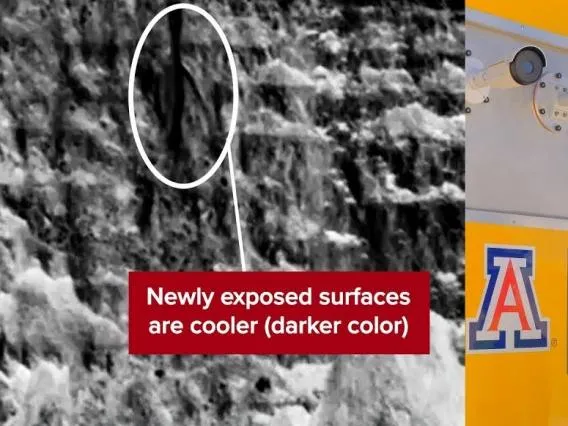
Detecting rockfall with thermal imaging
Watch GCE's video to see some interesting videos of using thermal imaging cameras to record rocks rolling down a 900 ft. pit slope!
The GCE is doing research on one of mining's most difficult but critical safety problems - how to detect and monitor rockfall events in surface mines. With a contract from NIOSH, the GCE is testing four different thermal cameras on their capability and limitation to detect rockfall events.


